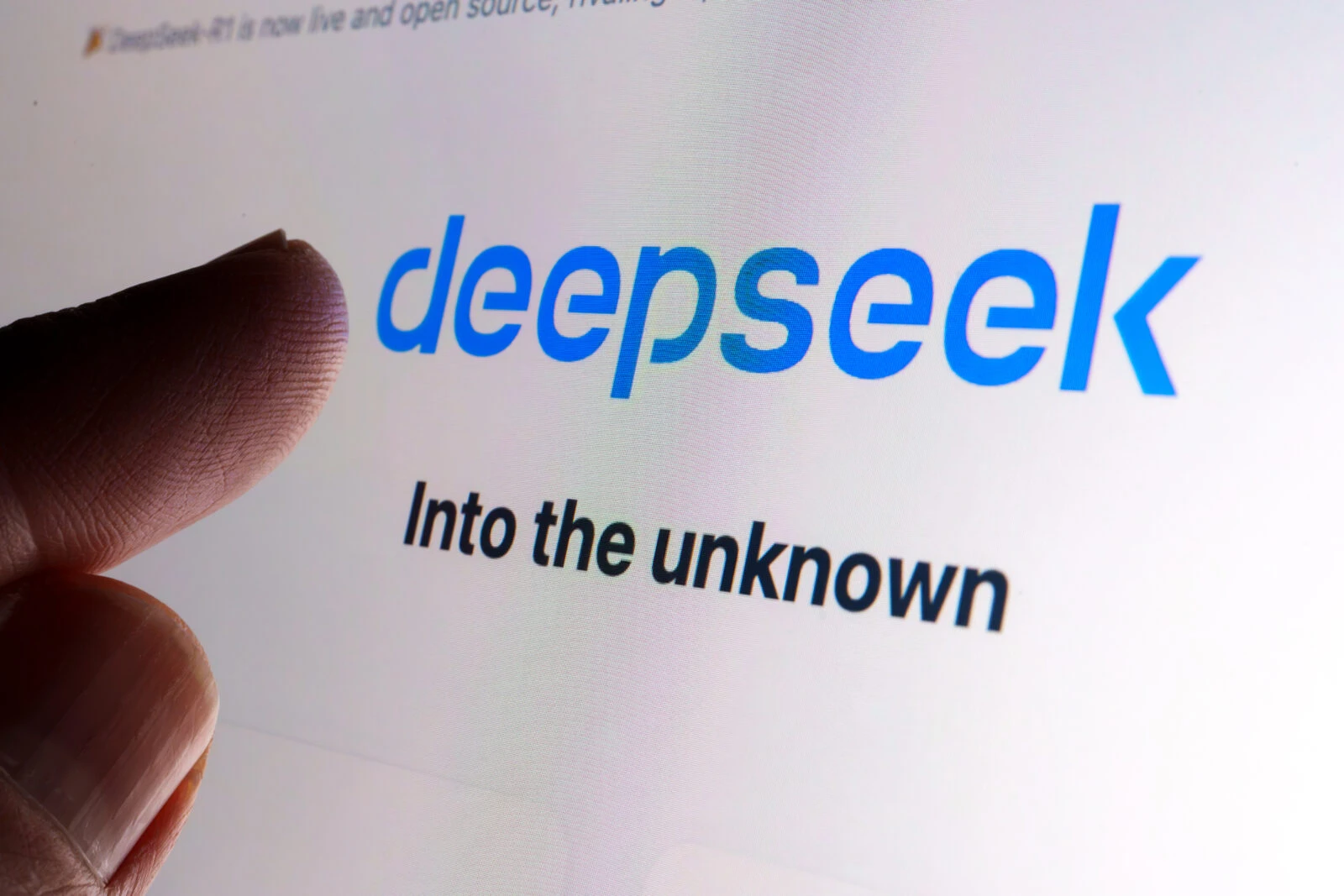Open source AI development could boost global economy, Mozilla chief says
 Canadian Mark Surman, Director of the Mozilla Foundation, a global non-profit organisation, poses during the Artificial Intelligence (AI) Action Summit, at the Grand Palais, in Paris, on February 10, 2025. (AFP Photo)
Canadian Mark Surman, Director of the Mozilla Foundation, a global non-profit organisation, poses during the Artificial Intelligence (AI) Action Summit, at the Grand Palais, in Paris, on February 10, 2025. (AFP Photo)
The future of artificial intelligence may hinge on sharing rather than secrecy, according to the leader of one of the internet’s pioneering open-source organizations.
Speaking at the Paris AI summit on Monday, Mozilla Foundation CEO Mark Surman made a strong case for open-source development in AI, comparing it to a “Lego box” that could help organizations build safer AI systems more efficiently.
“Small companies, governments, they all need to make AI safe. Us all having a toolkit, a Lego box, to do that freely, cheaply, in a robust way, that’s going to help everybody go faster,” Surman told Agence-France Presse (AFP) at the Grand Palais.
The push for open-source AI development comes at a time when the technology industry is divided on the approach. While companies like Meta and DeepSeek have embraced partial open-source policies, they often withhold crucial components of their AI systems, including training data and model weights that determine AI responses.

Tech industry grapples with complexity of sharing AI code
This selective sharing represents a new challenge for the open-source movement, which previously saw straightforward code sharing in projects like Firefox and Linux. Modern AI systems require multiple components, making complete transparency more complex.
Despite these challenges, even partial openness can yield significant benefits, according to Surman. “Things that are even a little bit open—we would like to see them even more open—are starting to make it possible for the global AI community to collaborate on making AI better and more accessible,” he said.
The economic potential of open-source development is substantial. A 2024 Harvard Business School study found that while developers invested approximately $4 billion in creating open-source tools, these investments generated nearly $9 trillion in value.
Surman emphasized that open-source AI development could mirror the success of previous open-source internet tools, enabling innovation without substantial financial barriers or restrictions. “It’s the idea of building blocks that anyone can create AI from freely, creatively, without asking permission or paying a big price,” he said.



